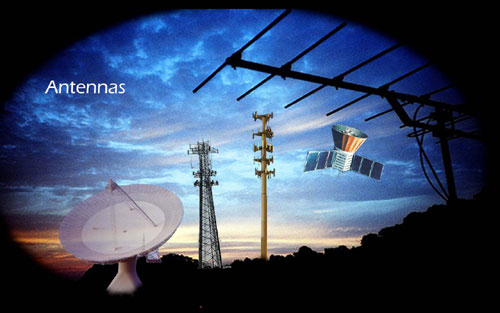TECHNOLOGY FOCUS
To stay competitive in today’s fast evolving business environment, faster time to market is necessary for wireless communication products. Playing a critical role in determining the communication range of products, RF design, particularly the antenna design, becomes crucial to the success of the introduction of new wireless products. Competence in advanced antenna designs can definitely strengthen the competitive edge of RF product design or manufacturing companies.


COURSE CONTENT
This 2-day course aims to provide participants with technical insights on the vital aspects of antenna design from a practical and industrial perspective. It covers the fundamental antenna concepts and definitions, specifications and performance of different types of commonly-used and advanced antennas in RF products. Simulation tools will be introduced and discussed. Practical implementation strategies in RF products for optimum antenna performance will also be presented.
A complimentary book - ‘Practical Antenna Design for Wireless Products’, authored by the Speaker, will be distributed to each participant.
WHO SHOULD ATTEND
Antenna designers, RF designers, wireless product designers, field application engineers, business development engineers and managers, design managers, and related professionals.

Day 1
Fundamental Concepts
1. Antenna Fundamental
- Basic types of Antenna
- Dipole, Monopole, helical, loop, printed PCB - Radiation Mechanism
- Source of radiation
- Characteristics of radiation
2. Specification and Performance
- Radiation pattern
- Antenna efficiency, aperture
- Impedance and circuit matching
- Directivity, gain
- Friis Transmission Equation
3. Antenna Elements
- Dipole antenna
- Monopole antenna
- Multi-band antenna
- Miniature chip type antenna
- Loop antenna
Day 2
Advanced Antenna Elements
4. Miniature antenna for portable electronics
- Patch, inverted-L, inverted-F
- Meandered line, multi-band
5. CAD Design and Simulation
- CAD tools
- Design strategies
- Limitations
- Case studies
Practical implementation strategies
6. How to design good antennas
- Understand the requirements
- Selection of antenna type, size and geometry
- Location and placement
7. Team work with product designers, electronic engineers and mechanical engineers
- Why it matters
- Case studies on designing good antennas
Mr Lau has published a text that is a recommended reference. The reference is not required for this course.
Practical Antenna Design for Wireless Products (Artech House) ISBN: 9781630813253

